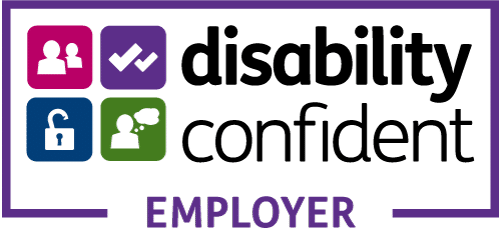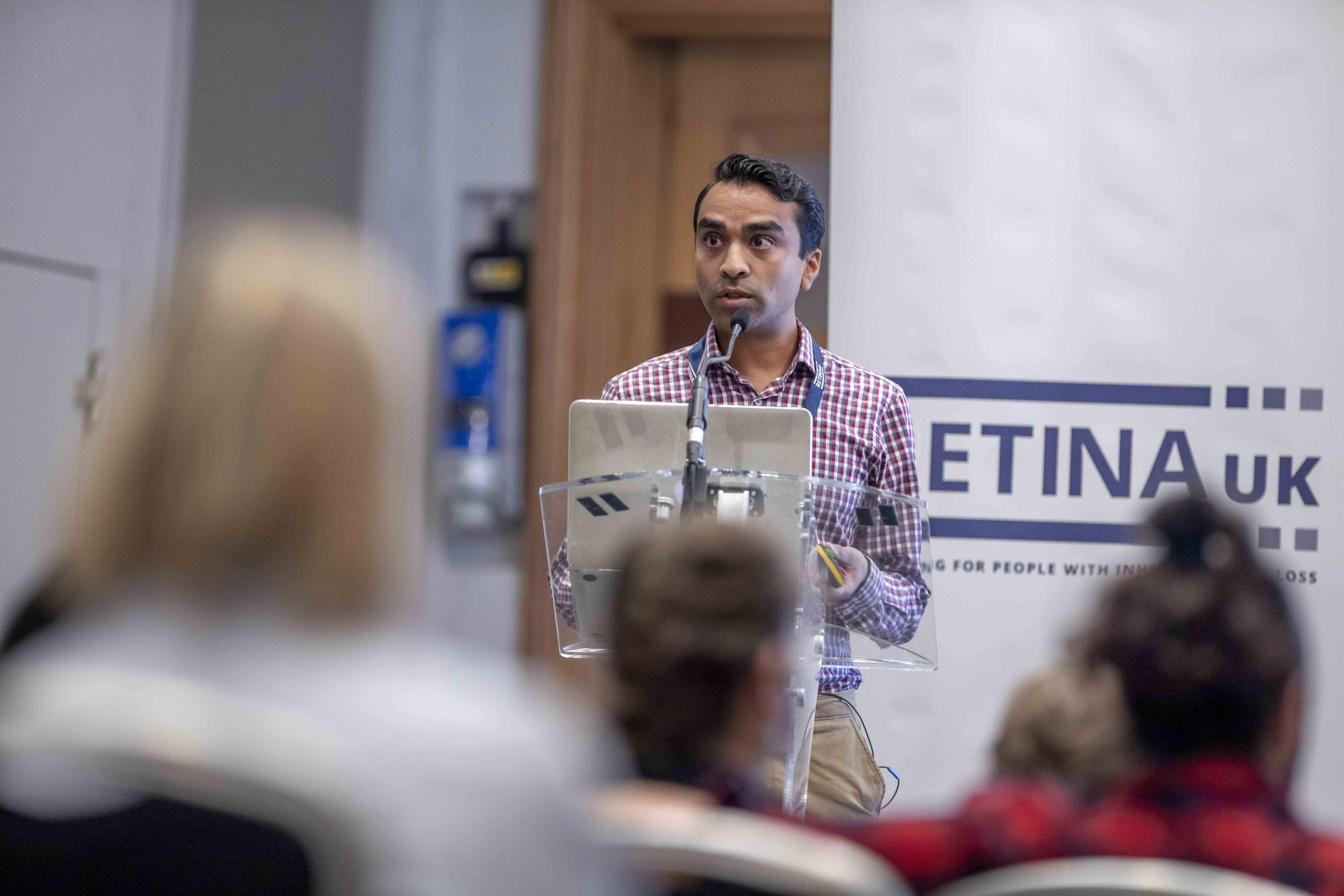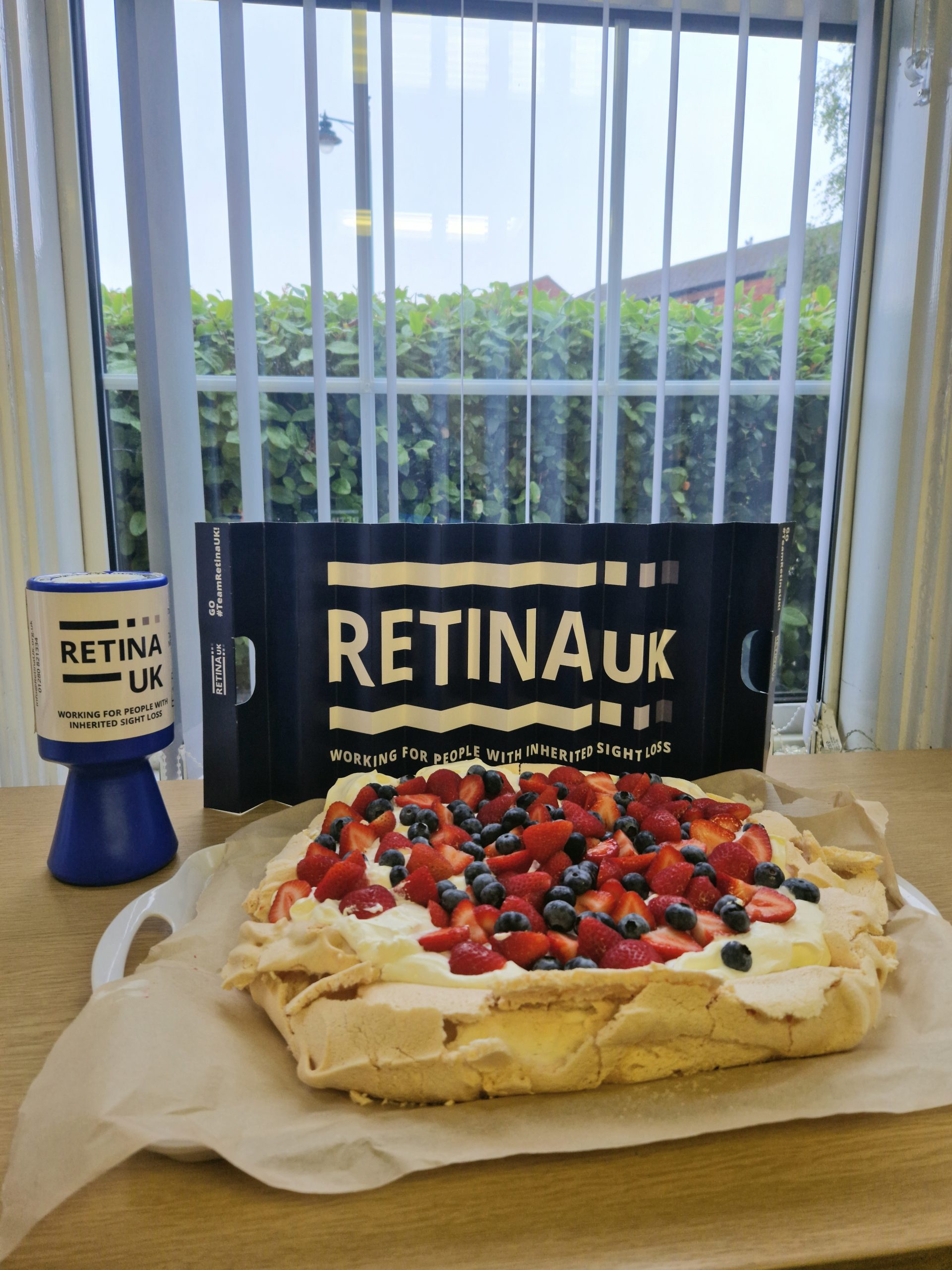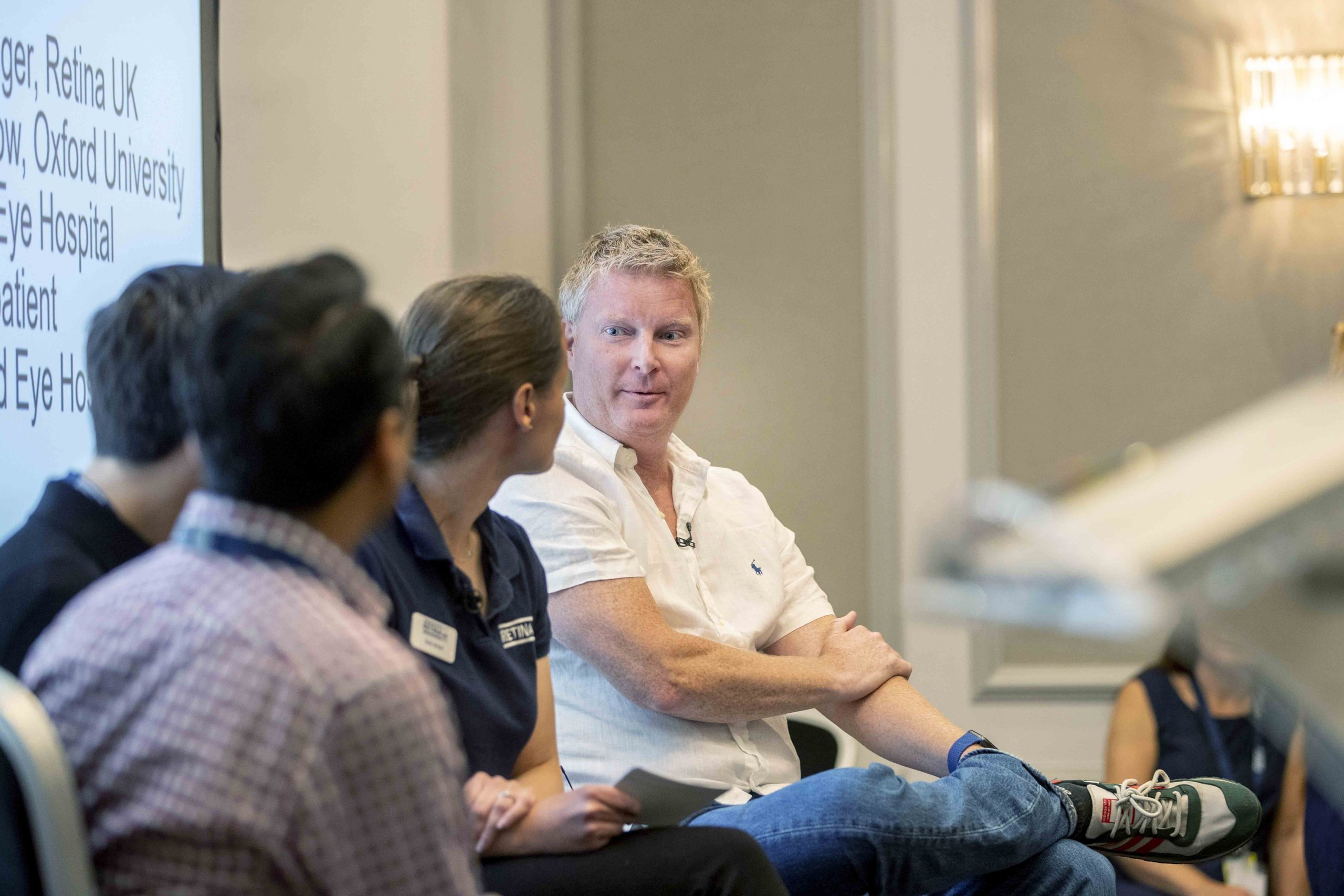e-Newsletter April 2025
Our monthly e-Newsletter featuring the latest updates from Retina UK.
Search results
Our monthly e-Newsletter featuring the latest updates from Retina UK.
Our monthly e-Newsletter featuring the latest updates from Retina UK.

Retina UK employs a team of staff at our offices in Buckingham and remotely around the UK. Details of any vacancies will be posted below.

Funding from Retina UK has allowed to team to explore the viability of gene therapy as a treatment for RP and related conditions, and build a pipeline of clinical trials.

Mark your special day, whilst fundraising for people with inherited sight loss.

Our community is informed and knowledgeable about current research projects into the cause(s) of and treatments for these conditions.
Despite the knock-on effects of the pandemic, there’s been a lot going on this year in the world of research! Here are snapshots of a few stories that have appeared in the Research News section of our website in 2022.
It is important to avoid harming your vision, particularly if you have an inherited sight loss condition.
The aim of the site is to increase the level of awareness and understanding of genetic testing and genetic counselling among people living with inherited retinal dystrophies, empowering them to make fully informed decisions about their lives, healthcare and family planning.
Autosomal dominant inheritance means that the faulty gene is on an autosome (any chromosome other than the sex chromosomes) and that only one faulty copy is needed to cause sight loss.